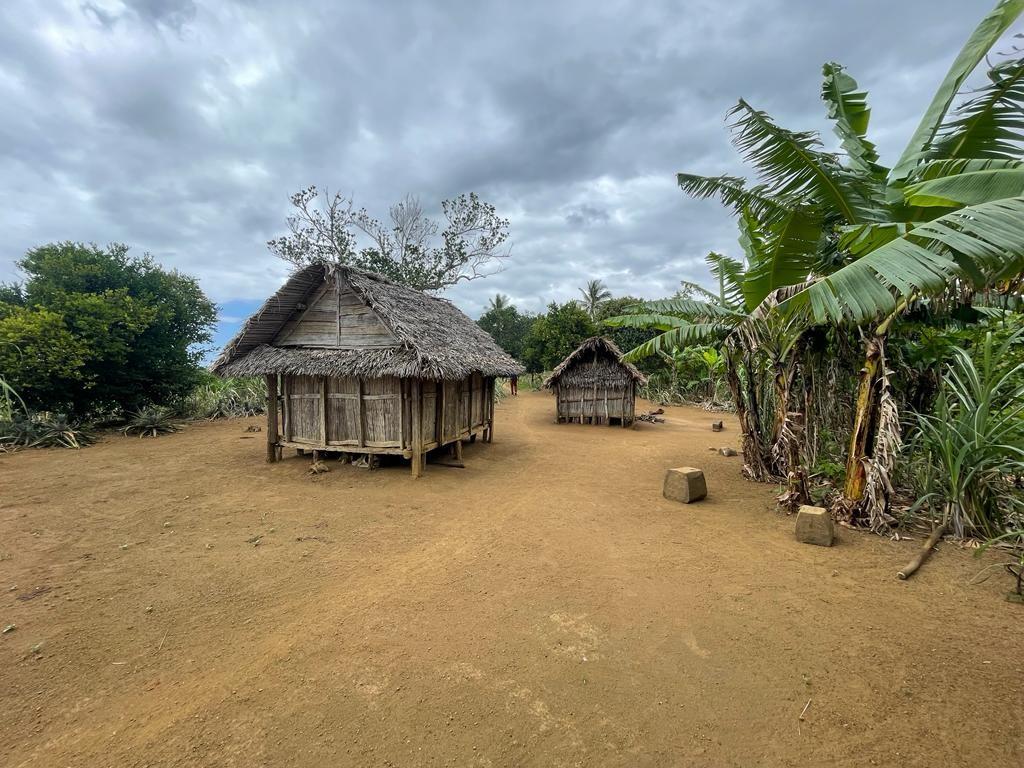Context
Madagascar is severely affected by climate change. Extreme weather such as heavy rainfall and droughts is increasing, while fertile soils are decreasing. Agriculture must therefore adapt in order to secure people's livelihoods and enable long-term development in Madagascar.
Smallholder structures prevail in Madagascar. Producers are rarely organised and often work with traditional methods. Low agricultural productivity results in regular food crises.
Objective
The resilience of agriculture and neighbouring sectors to climate risks has been increased.
Approach
The project operates climate field schools on demonstration plots, where smallholder farmers are trained in climate-resilient ecological farming practices. Weather data and cultivation calendars adapted to climate change also provide them with information to help them reorganise their production. Together with climate-adapted seeds, this is intended to increase agricultural yields. With the AFC Consulting Group, the project also facilitates access to financial services such as subsidies, loans, and savings groups.
The project also promotes the commercial skills of farmers' organisations and cooperatives and teaches them to offer services to their members, such as the collective sale of their products at better prices. By partnering with local companies, the project makes it easier for farmers to find markets for their produce. It advises local chambers of industry and commerce on how to improve the legislative environment for cooperatives.
The project is active in the south and south-east of the country.
